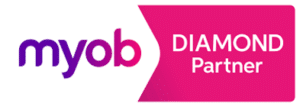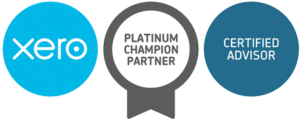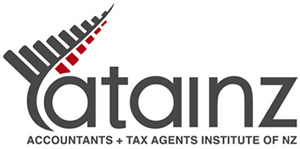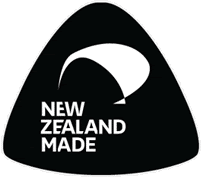A common myth people often share is that “you don’t have to pay income tax for the first year in business”. The fact is any profit earned will require income tax to be paid to Inland Revenue, it’s more a case of when you have to pay. In the first year of trading you don’t make any income tax payments to IRD. After the first financial year’s trading the business financial accounts are prepared which calculates the amount of profit. The income tax amount is then calculated based on the profit earned. Then…
If your business has income tax payable up to $2500 in the first year of trading…
In the second year you pay income tax for the first year’s profit
This repeats for each year based on the previous year’s income tax payable while income tax for the year remains under the $2500 threshold.
If your business has income tax payable over $2500 in the first year of trading…
In the second year you will have to pay income tax on the first year’s profit
You will also have to pay provisional tax payments for the second year’s estimated profit during the second year.
If your business runs at a loss in the first year of trading…
There will be no tax to pay for the first year’s trading.
Please note you only pay tax on profit, no profit = no income tax. Ideally you’re not in business to lose money so profit is the goal and you will always have to pay tax on profit. Also you can only get a tax refund if you have paid tax in the first place. A refund is exactly that, a refund.
In the first year if things are going well and you’re making profit it is a good idea to put some aside to pay your tax later, especially if you’re heading into provisional tax territory. The combined payments are a double hit in the second year. Many small businesses struggle with this.
It is a little confusing initially so if you’re having problems understanding this please ask us.



